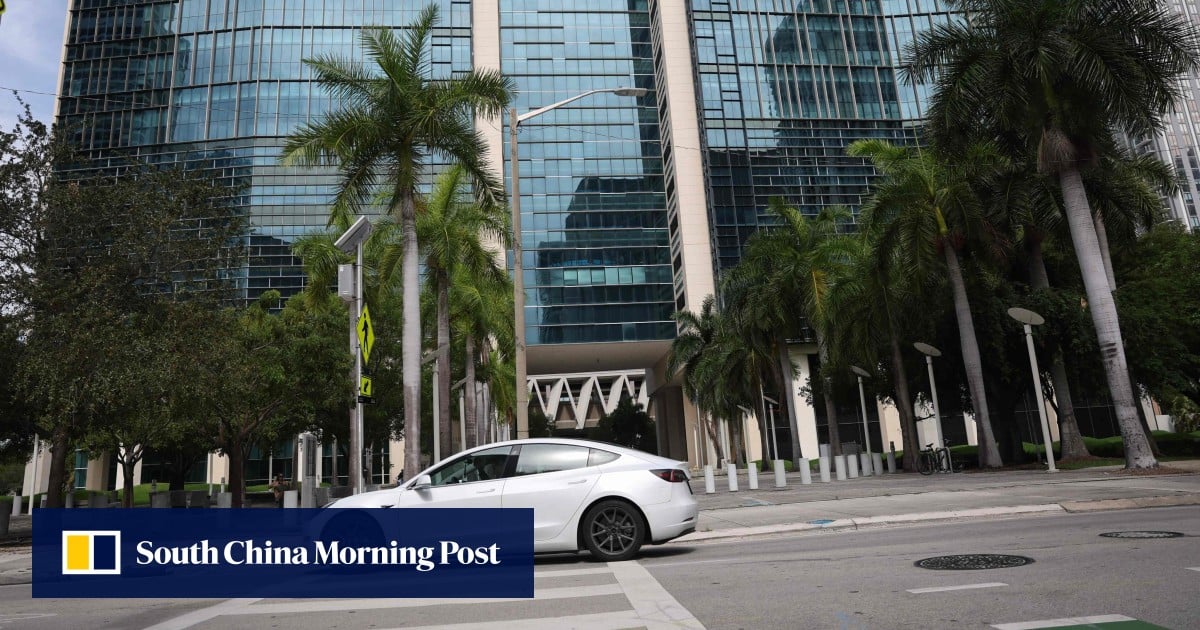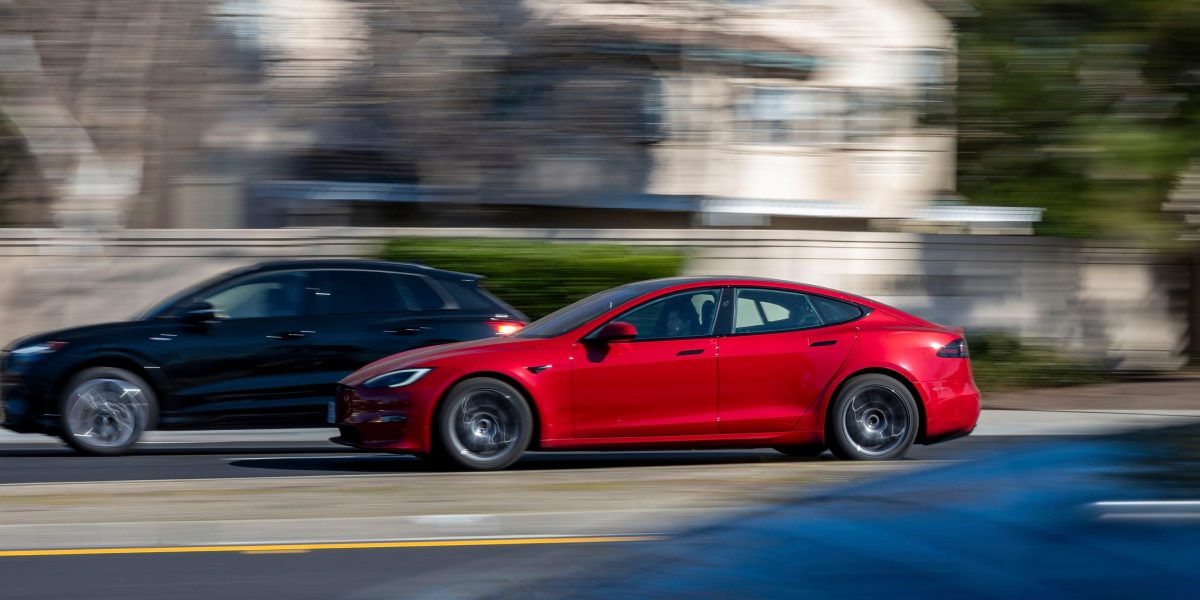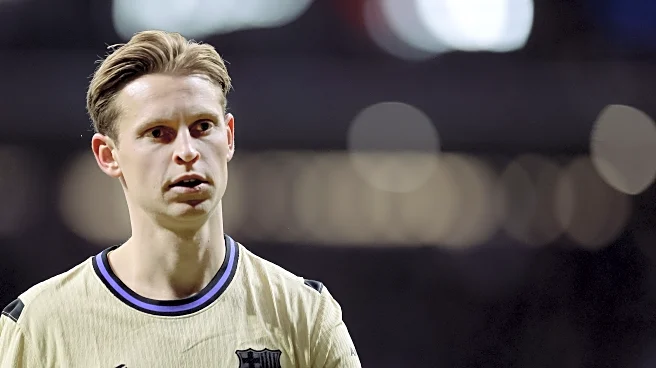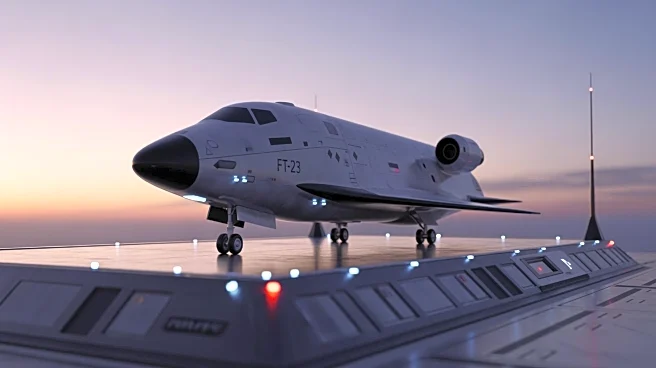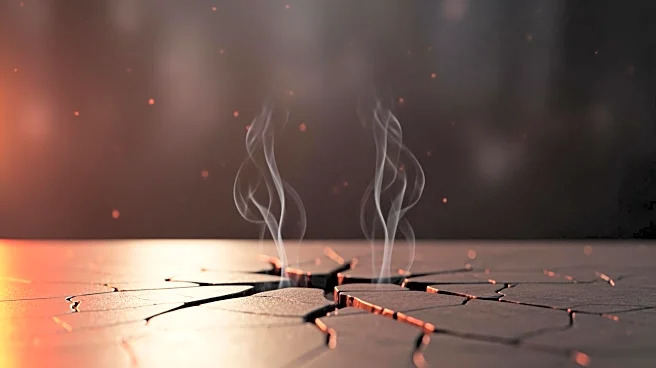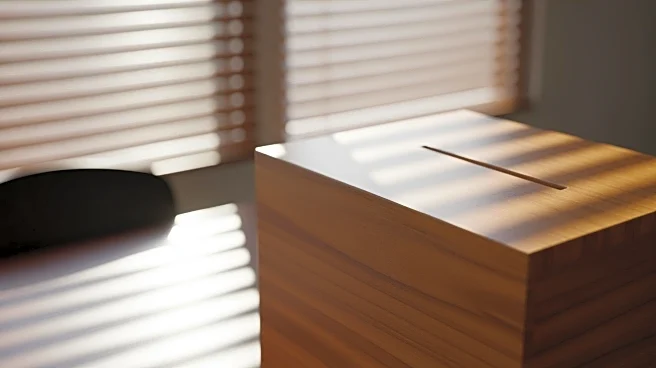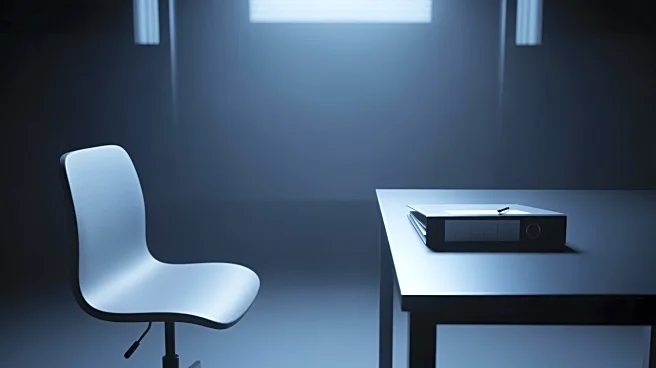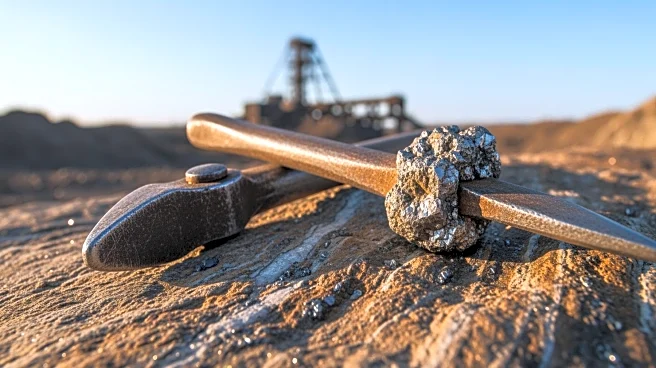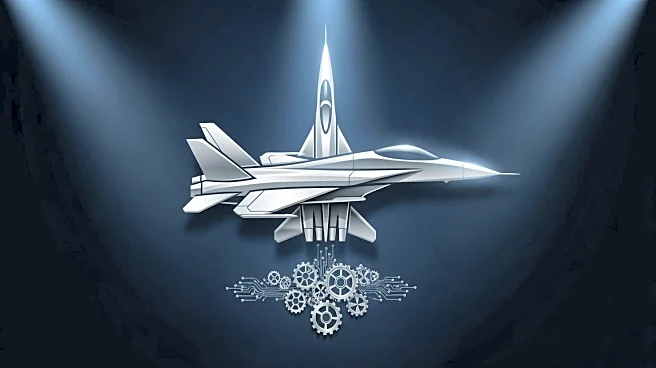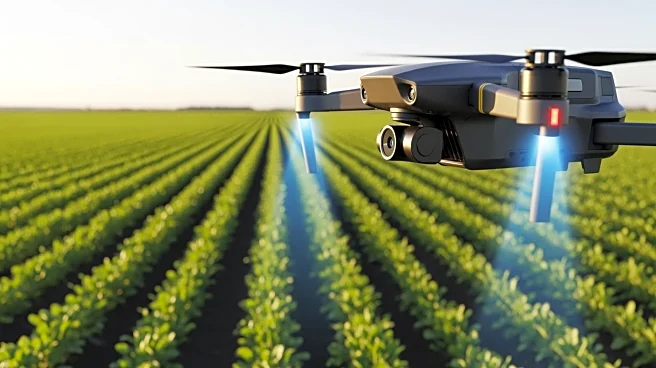A federal court in Miami is currently deliberating a high-profile case that could set a precedent for the future of autonomous vehicles. The trial centers around a 2019 incident in which a university student
Did You Know
Pigeons can recognize themselves in mirrors.
?
AD
tragically lost her life while stargazing, as a Tesla in Autopilot mode careened out of control, injuring her boyfriend in the process. The plaintiffs argue that Tesla should share responsibility for the crash, challenging the company's historical reluctance to accept liability in incidents involving its advanced driver-assistance system.
With headlines around the nation focused on this case, the spotlight is squarely on Elon Musk and the reputation of Tesla—a company synonymous with cutting-edge innovation. This jury trial is significant not only for the families affected but for Tesla’s future ambitions in the expanding market of self-driving technologies. As the courtroom drama unfolds, experts are watching closely to see how an unfavorable ruling could impact public perception of Tesla, especially as the company prepares to roll out hundreds of thousands of self-driving vehicles on U.S. roads.
The trial raises crucial questions regarding safety standards and accountability within the realm of automation. As testimony from Tesla's autopilot engineers is expected to surface, it could offer insider perspectives that may shift the narrative in favor of either side. Ultimately, this legal showdown is not just about one tragic incident; it encapsulates the intricate balance between innovation and consumer safety and challenges the understanding of responsibility in a future where machines increasingly take the wheel.
Q&A (Auto-generated by AI)
What is Tesla's Autopilot technology?
Tesla's Autopilot is an advanced driver-assistance system that provides features such as lane centering, adaptive cruise control, and traffic-aware cruise control. It uses a combination of cameras, ultrasonic sensors, and radar to navigate and detect obstacles. While marketed as a semi-autonomous system, it still requires driver supervision and is not fully autonomous. The technology has been both praised for its innovation and criticized for safety concerns, particularly in light of accidents involving its use.
How has Tesla responded to past incidents?
Tesla has typically denied liability in past accidents involving its Autopilot system, arguing that drivers must remain attentive and in control of the vehicle. The company has emphasized that the system is designed to assist, not replace, human drivers. In various incidents, Tesla has pointed to driver error as a contributing factor, suggesting that misuse of the system can lead to accidents. This defense strategy has shaped the company's reputation and legal stance in ongoing litigation.
What legal precedents exist for autonomous vehicles?
Legal precedents for autonomous vehicles are still developing, as most cases involve traditional vehicle accidents. However, cases like the Uber self-driving car incident in 2018 have set some groundwork for liability discussions. Courts are beginning to explore how existing laws apply to autonomous technology, particularly regarding negligence and product liability. The outcomes of these cases may influence how future trials, like the one involving Tesla, are adjudicated and how responsibility is assigned.
What are the implications of this trial for Tesla?
The trial has significant implications for Tesla, as a judgment against the company could impact its reputation and financial standing. Given Tesla's plans to roll out numerous self-driving vehicles, a negative outcome could hinder public trust in its technology. Furthermore, the trial could set a precedent for how liability is assessed in future cases involving autonomous vehicles, influencing regulatory frameworks and industry standards for safety and accountability.
How does this case compare to previous trials?
This case is notable as it represents one of the few jury trials focused on Tesla's Autopilot technology, contrasting with previous trials where settlements were reached out of court. Unlike earlier cases, which often involved individual accidents, this trial examines broader systemic issues regarding Tesla's responsibility for its technology. The outcome could influence how courts handle future cases involving autonomous vehicles, potentially establishing new legal standards for liability.
